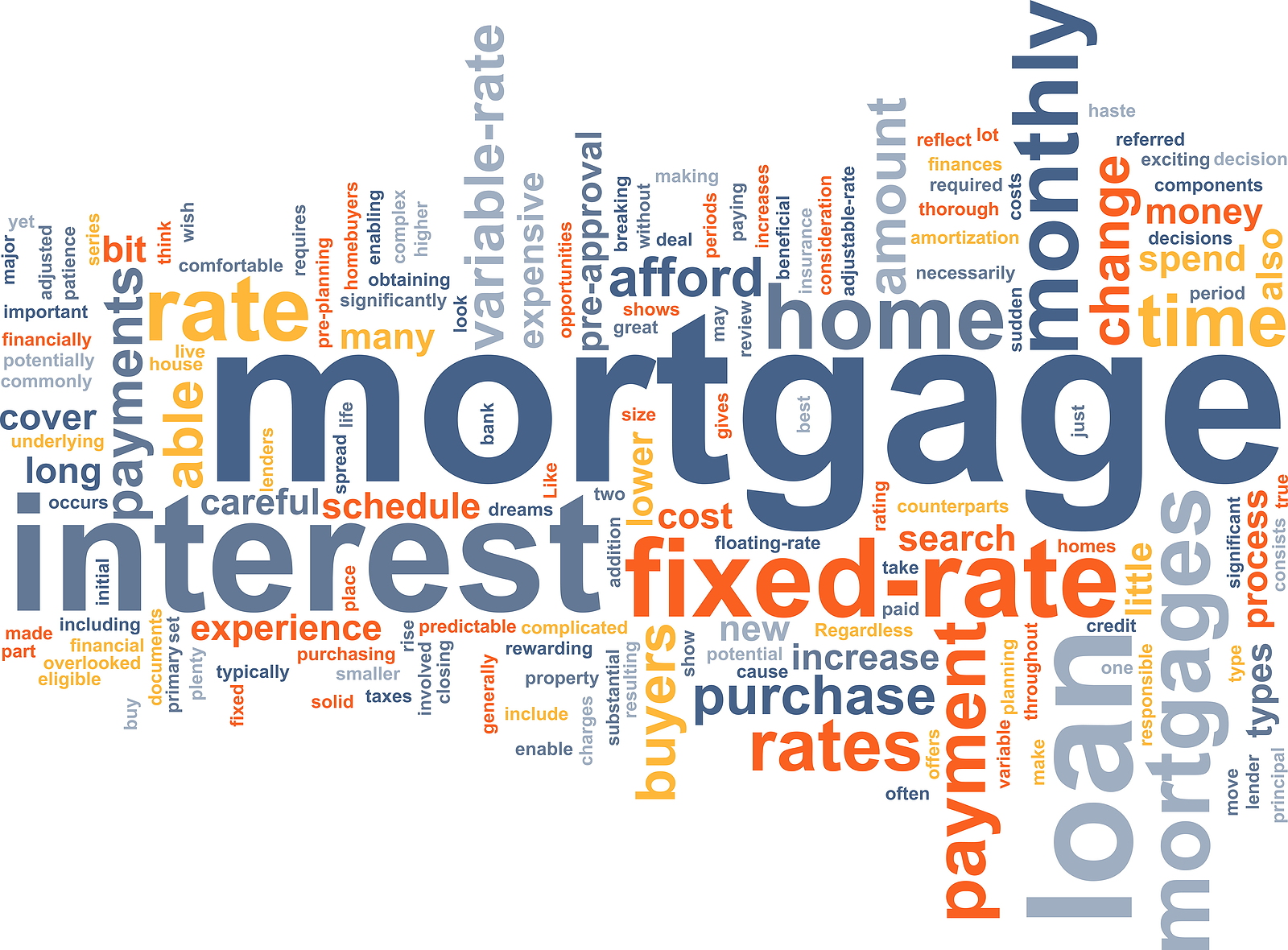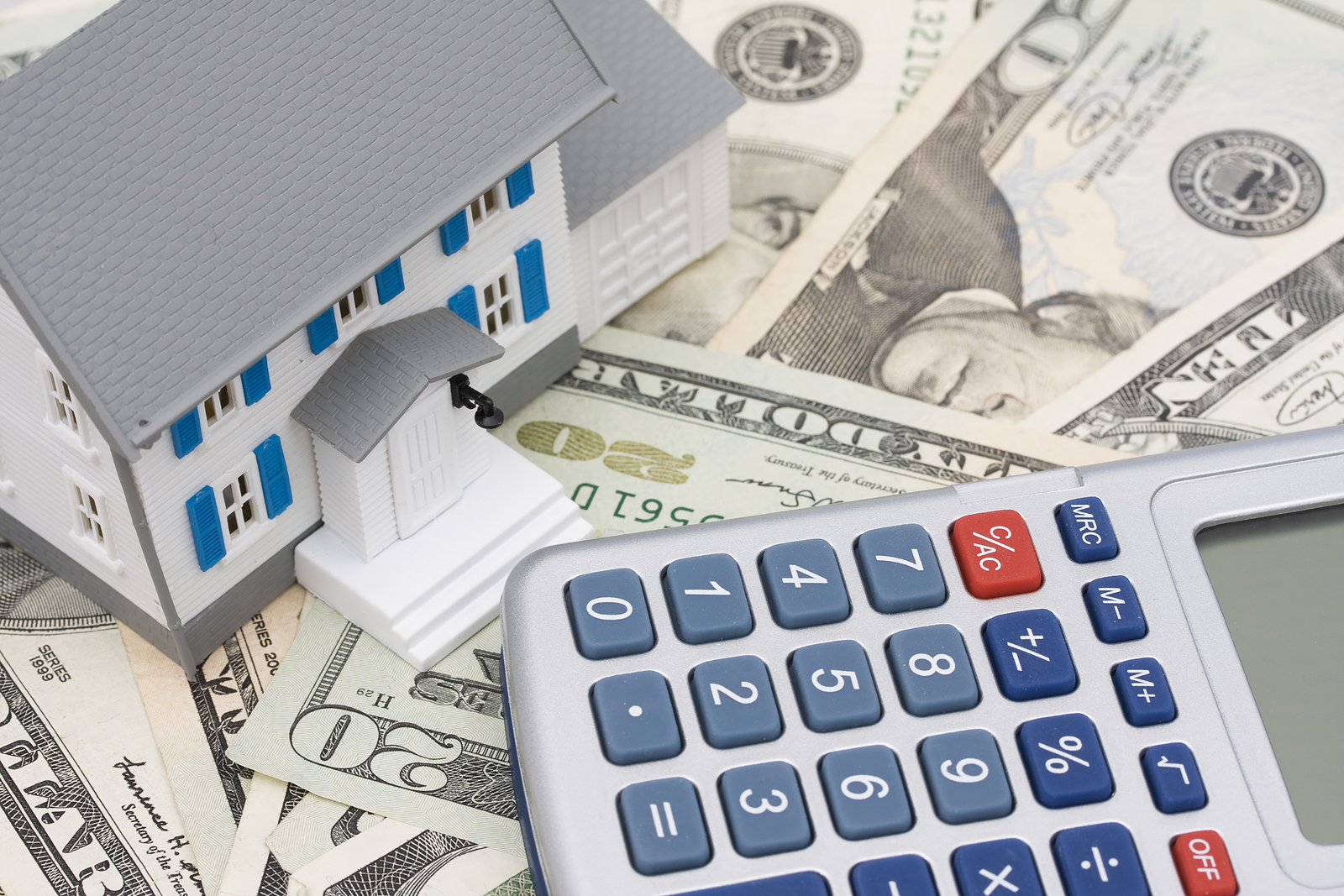Introduction
The real estate market is a dynamic and ever-changing landscape influenced by various factors. One crucial element that has a profound impact on this market is interest rates. Whether you’re a first-time homebuyer, a seasoned investor, or someone simply curious about the real estate market, understanding how interest rates affect it is essential.
Interest Rates 101
Before delving into the relationship between interest rates and real estate, let’s have a quick primer on interest rates. Interest rates are the cost of borrowing money, and they are set by central banks. When interest rates are low, borrowing becomes more affordable, stimulating economic activity. Conversely, high-interest rates can cool down economic growth.

The Dance of Supply and Demand
Low Interest Rates: A Boon for Buyers
When interest rates are low, it’s often a golden opportunity for potential homebuyers. Low-interest rates translate into lower mortgage payments, making homeownership more affordable. This results in an increased demand for homes, creating a seller’s market. As more buyers enter the market, home prices tend to rise, benefiting sellers and contributing to a robust real estate environment.
High Interest Rates: A Buyer’s Dilemma
Conversely, when interest rates rise, the cost of borrowing increases, and the demand for homes tends to decrease. Higher interest rates mean higher monthly mortgage payments, which can deter potential buyers. As demand decreases, sellers may find themselves in a buyer’s market, where prices may stabilize or even decline.
Investment Strategies in a Changing Interest Rate Environment
Low-Interest Rate Environment
In a low-interest-rate environment, real estate investors often adopt different strategies. One common approach is leveraging low-interest-rate loans to finance property acquisitions. The lower the interest rates, the higher the potential return on investment. However, investors need to be cautious and factor in the possibility of rising interest rates in the future.

High-Interest Rate Environment
When interest rates are on the rise, investors may need to adjust their strategies. Higher interest rates can lead to increased financing costs, potentially squeezing profit margins. Investors may opt for shorter-term financing options or explore alternative investment opportunities outside of traditional real estate.
The Ripple Effect on the Economy
Interest rates don’t just impact individual buyers and sellers; they have a ripple effect on the broader economy. Changes in interest rates can influence consumer spending, job creation, and overall economic growth. For example, a slowdown in the real estate market due to high-interest rates can lead to reduced construction activity and fewer jobs in related industries.

Navigating Uncertainty
The real estate market is inherently cyclical, and interest rates contribute to these cycles. As an individual navigating the market, it’s crucial to stay informed about current interest rates and economic trends. Monitoring interest rate forecasts and consulting with financial professionals can help you make informed decisions, whether you’re buying, selling, or investing in real estate.
Conclusion
In the intricate dance of the real estate market, interest rates play a leading role. Whether you’re a buyer, seller, or investor, understanding how interest rates impact the market is vital for making informed decisions. Keep an eye on the economic landscape, stay informed about interest rate trends, and be ready to adapt your strategies as the real estate market continues to evolve.





